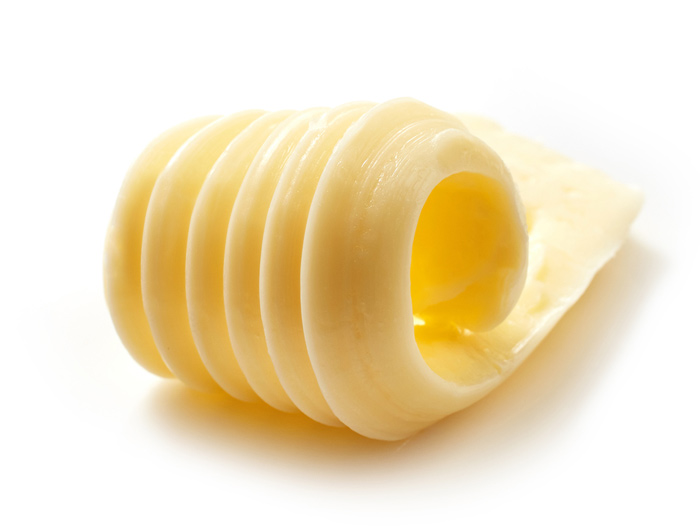FDA Must Step in to End Fake-Butter Proliferation, American Butter Institute Says
May 9, 2019 | 2 min to read

ARLINGTON, Va. – Plant-based imitations of butter and other dairy products pose an increasing challenge for consumer understanding in the butter sector, which is dealing with proliferating imposters even as butter’s popularity grows. That makes it crucial for the U.S. Food and Drug Administration to stop vegan shenanigans before fake products make federal standards of identity for established terms such as “butter” and “margarine” meaningless, said Tom Balmer, executive director of the American Butter Institute.
Speaking at the organization’s annual gathering in Chicago, Balmer pointed that for generations plant-based butter imitations have been marketed under a federal standard of identity as margarine or under the non-standardized term “vegetable oil spread.” Now, in the face of declining margarine and spread sales, companies are seeking to capitalize on butter’s resurgent popularity by misappropriating the term “butter” and applying it to products that clearly do not meet butter’s federal standard of identity. This gnaws at the integrity of food standards, Balmer said, and misleads consumers who may believe they’re buying an equivalent to butter when, in fact, no such quality standard is being met.
“Just because consumers are rejecting plant-based margarines and spreads, companies can’t turn around and violate federal law by slapping the term ‘butter’ on a product label and pretend it’s worthy of a dairy term,” Balmer said. “A falsely labeled product is a misbranded product, and misbranded products don’t belong on grocery shelves. The proliferation of these products is eroding the integrity of the marketplace, and the FDA needs to stop it before its own rules become meaningless.”
Balmer also noted butter’s many strengths that position itself well to compete with plant-based imposters. Butter is a “cleaner” product than its imitators – salted butter, for example, contains two ingredients (salt and cream), while Wayfare’s “Dairy-Free” product, to cite one example, has at least 10 ingredients. “Butter is popular precisely because it has qualities imitators can’t match,” Balmer said. “Imposters don’t deserve a label that’s destined to disappoint consumers who expect the high quality of the real thing.”
The American Butter Institute filed a lengthy complaint to the FDA in September calling out imitators. It also supports the National Milk Producers Federation’s citizen petition with the agency filed in February, outlining a roadmap toward a constructive resolution of the problem of mislabeled, fake dairy products. That petition may be accessed here.
The American Butter Institute (ABI) is an Arlington, VA-based trade association for manufacturers, processors, marketers and distributors of butter and butter products. ABI was established as the National Association of Creamery Manufacturers in 1908. Its mission is to promote and protect the interests and welfare of the industry. The association’s member companies market approximately 90 percent of the butter manufactured in the United States.
